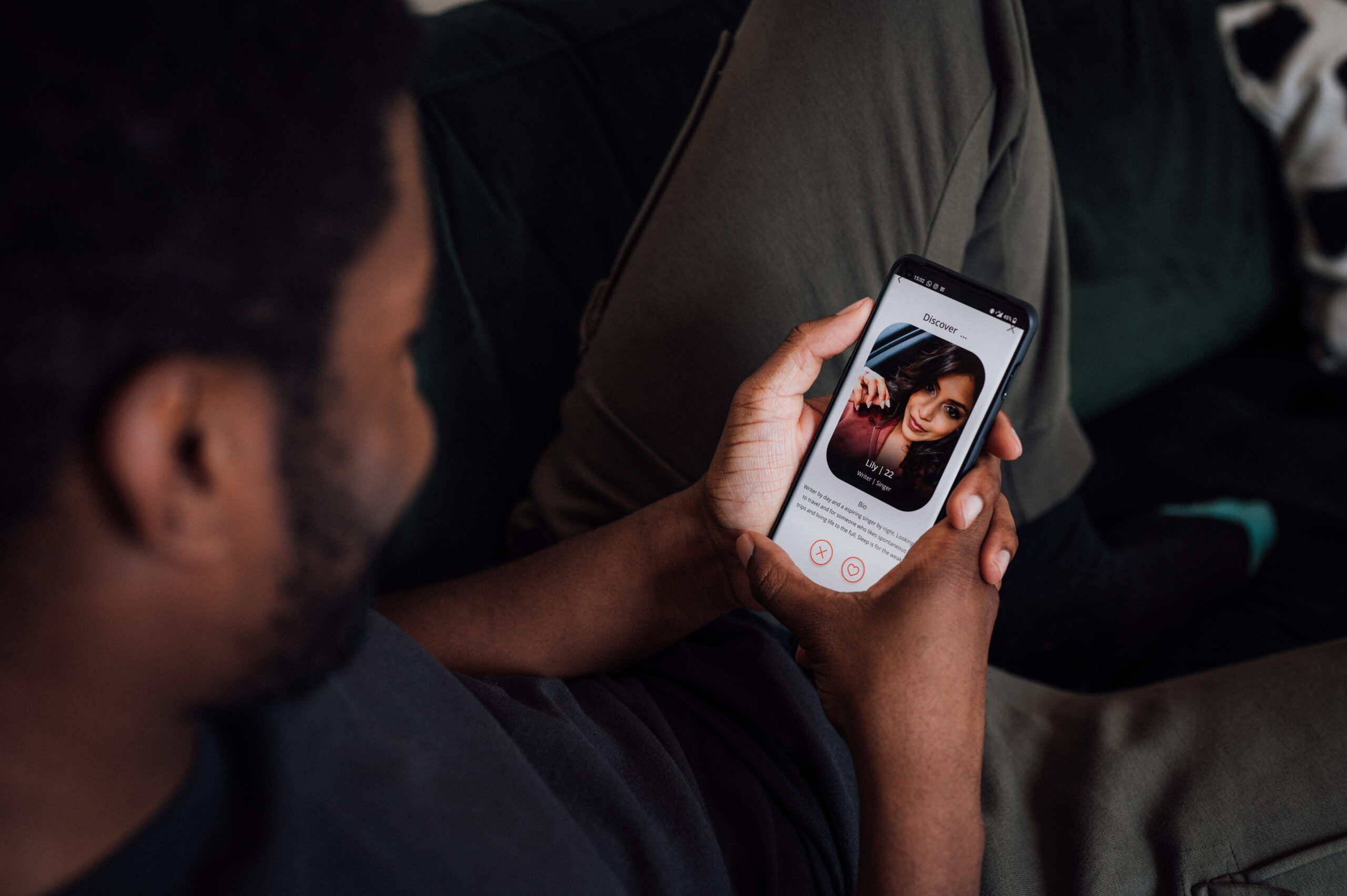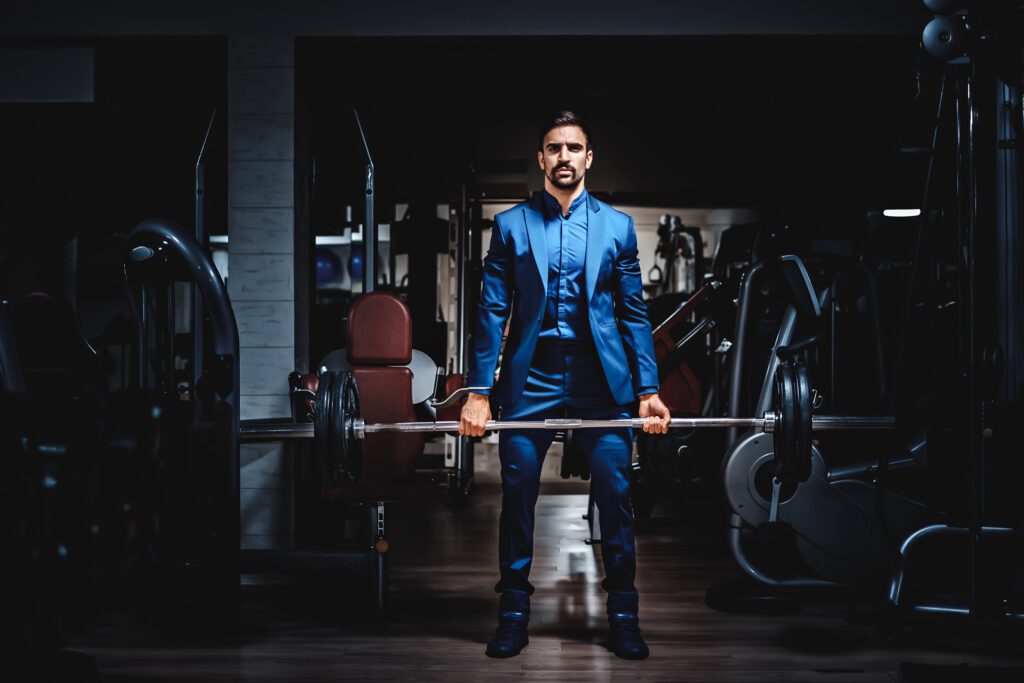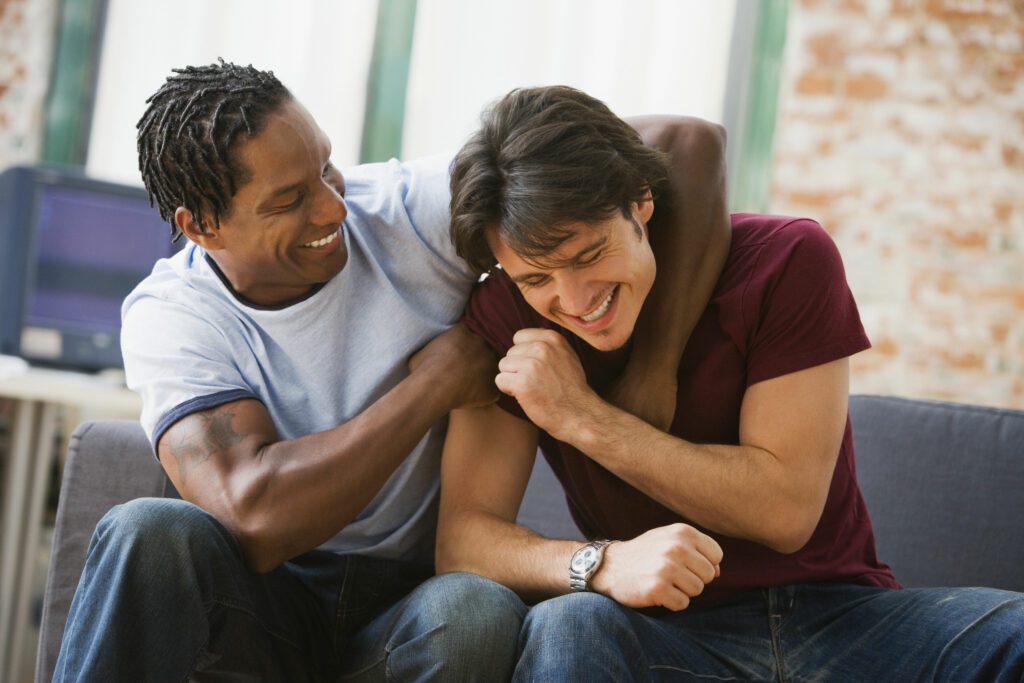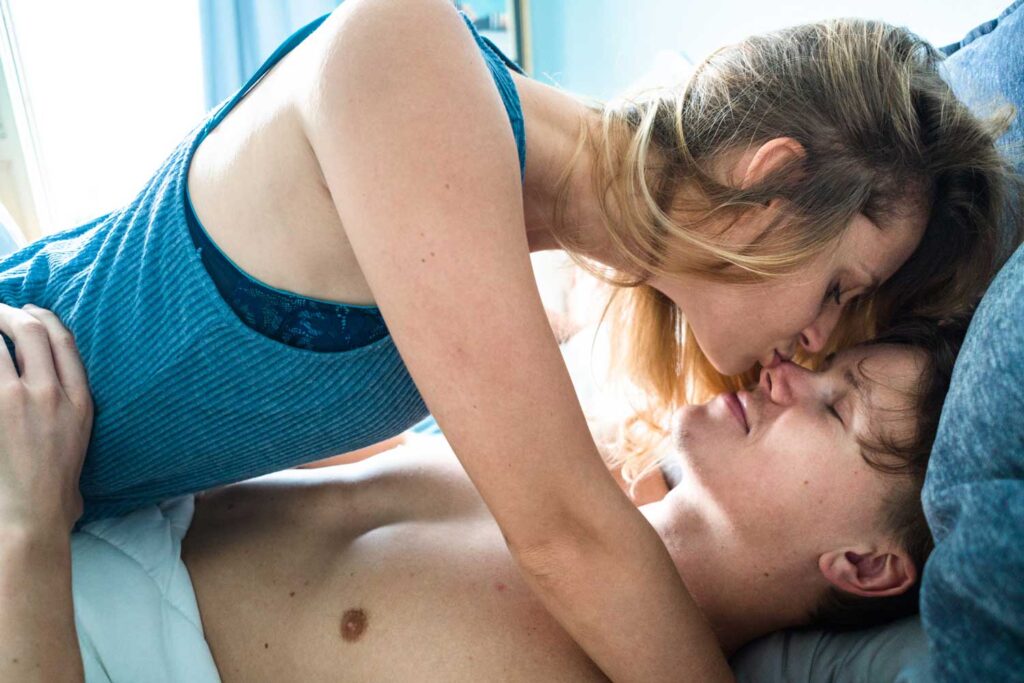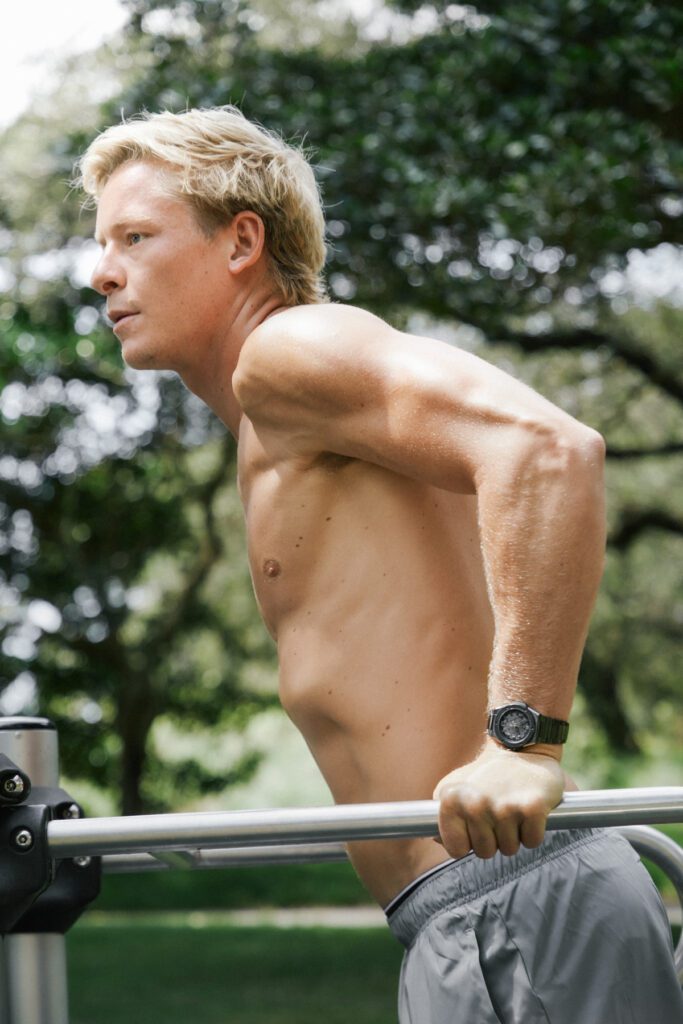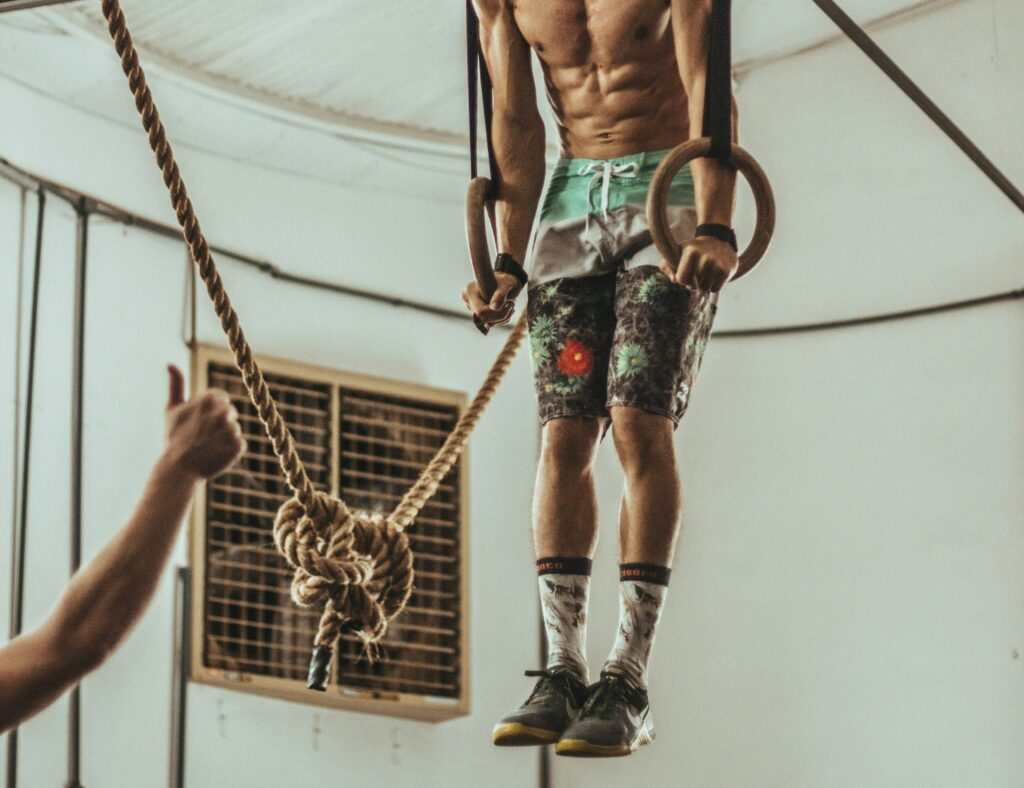FROM WHAT I’M hearing on the ground and reliably matched in research, is that many guys are giving up on dating and finding ‘the one’. Over the past decade we’ve seen a massive shift in the way that dating culture looks, from the NYC meet-cutes of the ’90s to today, where most of us swipe alone in the dark. Guys are telling me that dating is not a huge priority, yet the influencer content invading my feed about ‘how to pick up’ says otherwise.
While the reasons for the resignation among some guys are complex and personal, what I largely see is a feeling of hopelessness and a belief that “there’s no one out there for me”. It’s pretty common to hear women sharing horror stories about dating men; I hope this article can be a starting point for any guys doing it tough on the digital dating scene to know that you’re not suffering alone. The fact dating can suck for men, too, is a shared experience for the vast majority of us.
One thing we know is that excessive screen time can squeeze the joy out of anything and when you talk to young guys today, they make clear they reckon the algorithm is rigged. The truth is, guys do have a much higher rate of rejection in the initial stages of dating (e.g. at the swipe right stage).
Speaking with people who work at dating apps, I’m told men typically swipe right on 1 in 3 women, while women swipe right on 1 in 20 guys. The experience of rejection at over six times the rate of women has a profound and cumulative impact on men’s self-worth, leaving many asking what they’re doing wrong. Unfortunately, there aren’t really any good quality guides for moving through the modern dating world, despite what some snake charmer-esque influencers (insert pick-up-artist conmen) might have you believe on YouTube.
My work with young guys is telling me there are two common reactive responses to the prospect of rejection and I can assure you, neither of them are helping. First off, some guys are trying to take back control to minimise a sense of ‘failure’ or a feeling they are being manipulated by women. They dominate conversation and they get aggressive and angry if they’re ghosted or rejected. It’s a trigger response, because you feel like shit, it hurts to feel invisible or not good enough, so you try to reassert yourself. I get it, but trying to regulate this impulse is key.
The second outcome is guys trying to package themselves as the lead in Mel Gibson’s early aughts romcom What Women Want, curating their profiles to be the ‘right’ kind of guy, while at the same time, losing all sense of their personalities, with an over estimation of their height and obsession with angles that hide what are perfectly normal receding hairlines. This tactic is not going to help differentiate you in a sea of ‘Lads on tour’ highlight reels.
So now, some advice, from a shrink, but most importantly, from a guy who successfully met his life partner on Hinge after spending way too much money on cocktails during shitty dates with people that made him want to hide under a doona for days.
How to change your approach to dating apps
1 Go out and ask your mates or your family to take photos of you that show a real insight into who you are (i.e., maybe lose the shot of you with a big fish). If you don’t offer an unfiltered glimpse into your life, you can’t expect to find real connection.
2 When you push past the online banter and end up F2F, be authentic, joke about what you’re feeling if you’re nervous—vulnerability is hot. The greatest superpower you have is to lean into the weird, awkward reality of dating. And if they throw it back at you and tell you it’s a turn off or let slip that you should ‘man up’, then fuck it, this is not your person.
3 Embrace failure. Turn rejection and what can be painful setbacks into an opportunity for growth and understanding. It’ll make you way more attractive. Remember, you can be the ‘nice guy’ and still have edge.
4 Finally, turn down the intensity. Hold any desired outcome lightly. It might end well, it might not, but often that’s out of your control. It’s exposure therapy 101. So just show up, be present and if that means you’re a sweaty mess, you don’t know what to say next or aren’t sure how to make the first move, just know they’re probably feeling the same way, so… talk about it. It’s not easy, but it’s worth it.
Now go on, get out there, ya filthy animals.
Related:
In goal-setting mode? Listen to your inner voice
The biggest dating turn-offs, according to a woman who has been on 1000 dates




